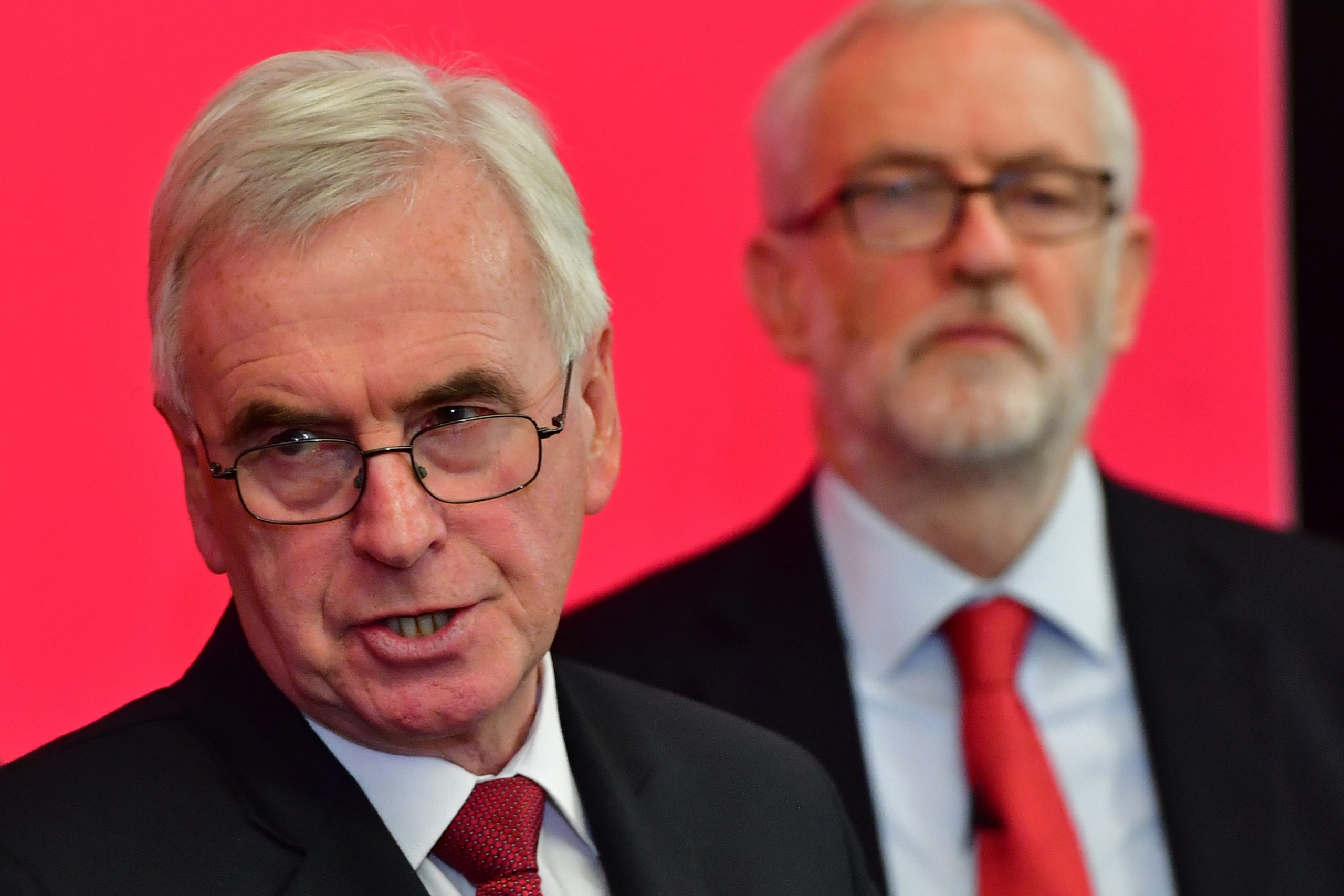
What do Labour’s boldest policy commitments at this election have in common? In the case of a four-day working week and free broadband provided via a part-nationalised BT, the answer is the Communication Workers’ Union.
The letter of John McDonnell’s plan for a 32-hour week with no reduction in pay – passed by Labour conference in September – was written by the CWU, which injected the idea into the bloodstream of the trade union movement in 2016. Taking BT into public ownership, meanwhile, was proposed by the post and telecoms union in a policy paper submitted to Jeremy Corbyn earlier this year.
That both have been adopted so enthusiastically by the Labour leadership is a testament to how the status and clout of smaller, more radical unions has been considerably enhanced under Corbyn’s leadership. Under his predecessors, the likes of the CWU and Fire Brigades Union were more often than not in confrontation with the Labour leadership. Indeed, the latter only reaffiliated to the party in 2015, just after Corbyn’s first election as leader.
Now, however, they are furnishing Labour’s policy platform: the successful conference motion for a Green New Deal came from the FBU, despite opposition from the much bigger GMB. Often, the biggest unions can prove a block on radical policy initiatives: take Unite’s Len McCluskey’s rejection of continued free movement earlier this week. The growing influence of their smaller counterparts is a salutary reminder that Corbyn enjoys a luxury denied to Ed Miliband – a diverse range of union allies.





